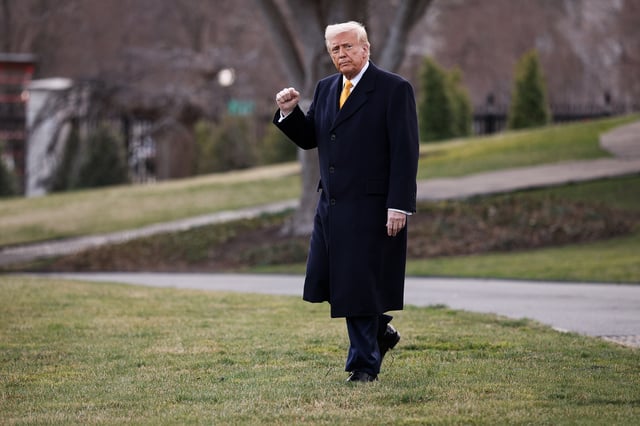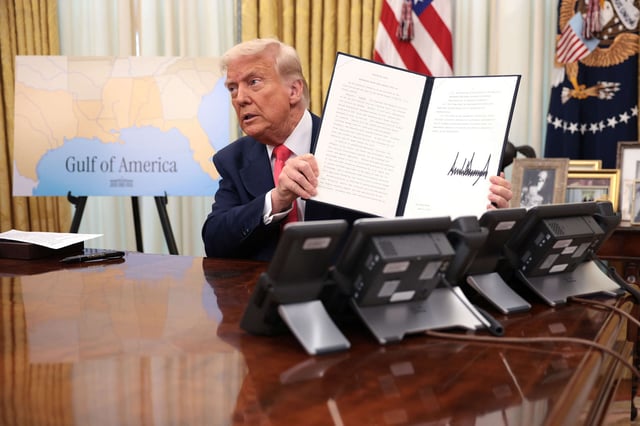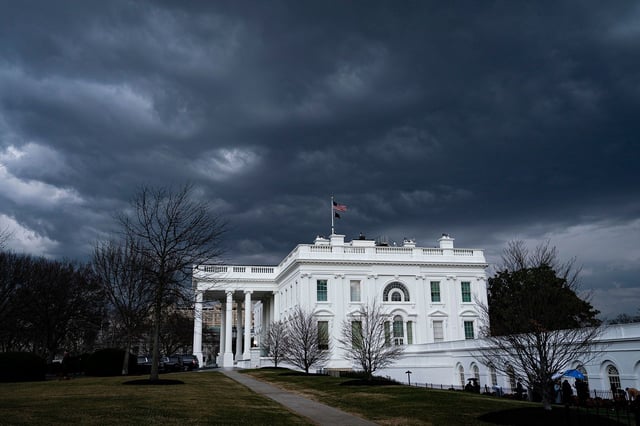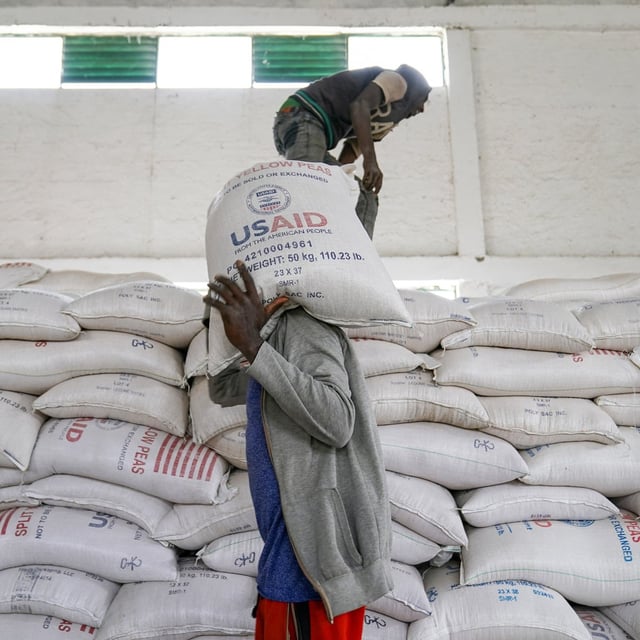Overview
- U.S. District Judge Amir Ali ruled that the Trump administration must release $2 billion in USAID funds that were frozen under a presidential order, citing the suspension as irrational.
- The Supreme Court declined to block the lower court's decision, allowing the case to proceed and leaving the administration obligated to comply with the ruling for now.
- The Trump administration issued a memo urging agencies to enforce Federal Rule of Civil Procedure 65(c), which requires plaintiffs in emergency lawsuits to pay financial securities upfront, potentially deterring legal challenges.
- Critics argue that the administration's push for financial securities is an attempt to stifle lawsuits against its policies, which have included controversial actions on immigration, federal funding, and transgender rights.
- Legal experts note that while the procedural rule gives judges discretion, its broader enforcement could create barriers for smaller organizations seeking to challenge government actions in court.



